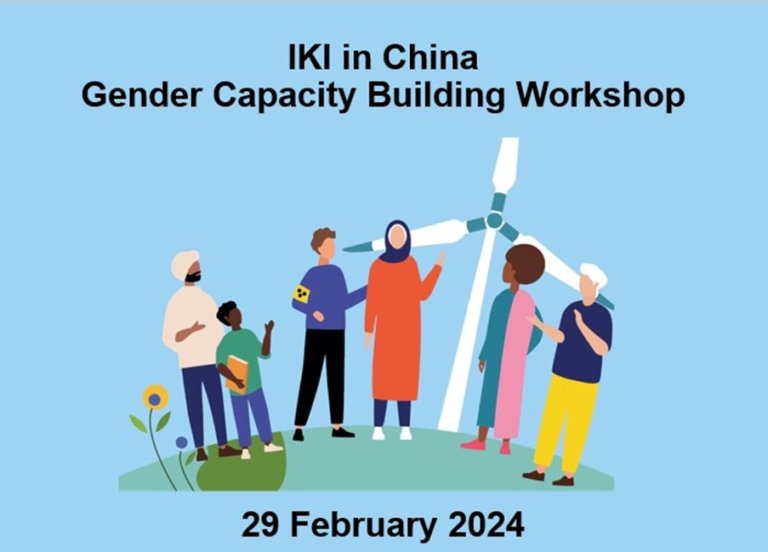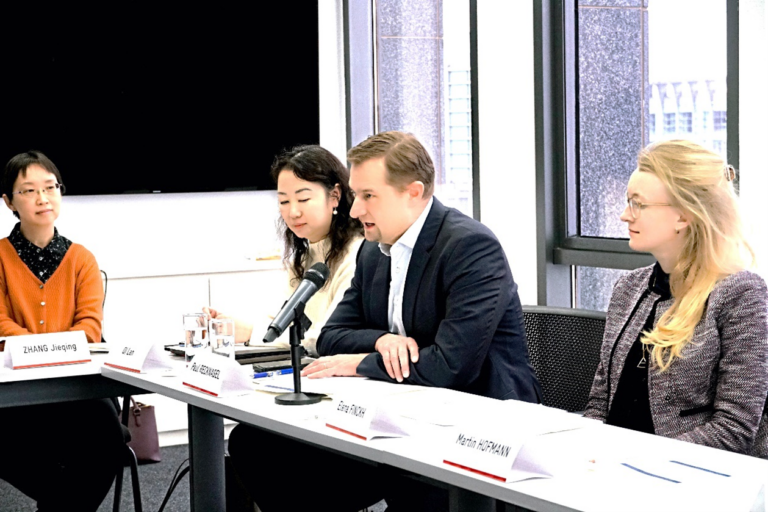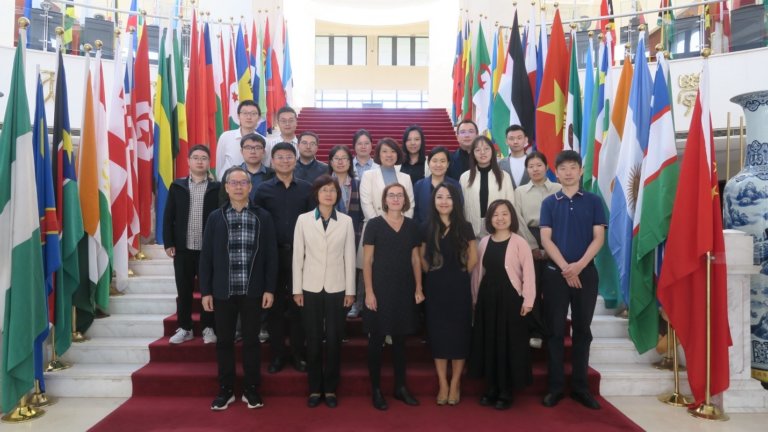The follow-up meeting to the last workshop held in December took place on 7 January and was divided into two sessions. It was attended by the NDCI project consortium consisting of Climate Analytics Australia (CAA) and the NewClimate Institute (NCI), as well as Chinese partners from the Ecology Institute of Shandong Academy of Sciences, the Low-carbon Development Center of Inner Mongolia, and professors from Inner Mongolia University.
During the virtual conference, an exchange on the provincial partners’ technical capacity and high-priority tasks was facilitated. The attendees from Shandong elaborated on previous modelling work conducted by provincial authorities and provided details on the province’s energy mix and industrial sectors. Based on this input, it was agreed that the consortium was going to provide the Chinese side with case studies on successful modelling applications from Ireland, Jiangsu province, and Pakistan.

In the second session, the Inner Mongolia partners shared their modelling capability across different sectors and requested technical cooperation for developing an energy system model, focused on the coal chemical subsector in particular. The different advantages and use-cases of a range of modelling frameworks including Input-Output models and computable general equilibrium (CGE) models for the calculation of carbon peaking and carbon neutrality scenarios were discussed. Because of the Land Use, Land-Use Change and Forestry (LULUCF) sector’s carbon sink potential, the Inner Mongolia partners said that this would also be included in future modelling training.
The workshop was closed with CAA’s proposal to prepare a questionnaire and some written-up information for the Chinese partners. The questionnaire for the assessment of Inner Mongolia’s modelling needs was provided two weeks later, and in mid-February, CAA authored the Shandong partners with a comprehensive technical response paper in order to elaborate in detail on the different methods for modelling emissions along with applied examples of case studies. This will form the baseline for future conversations between the technical partners over the coming months.



